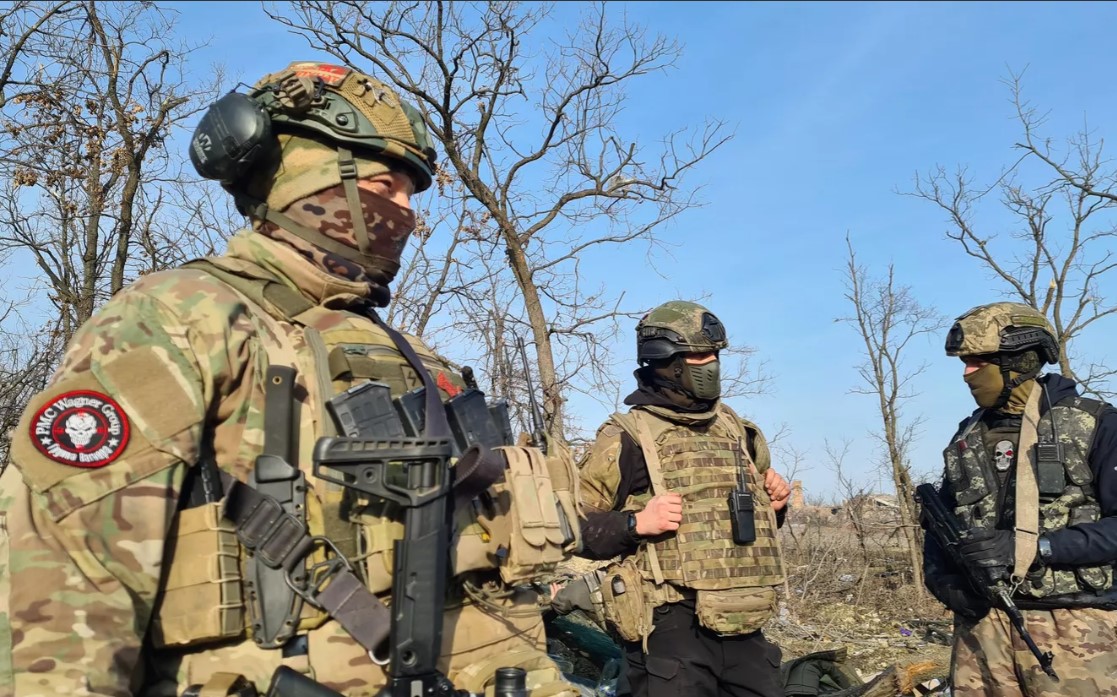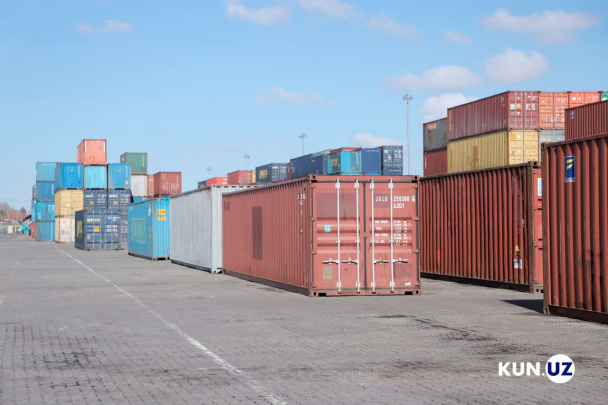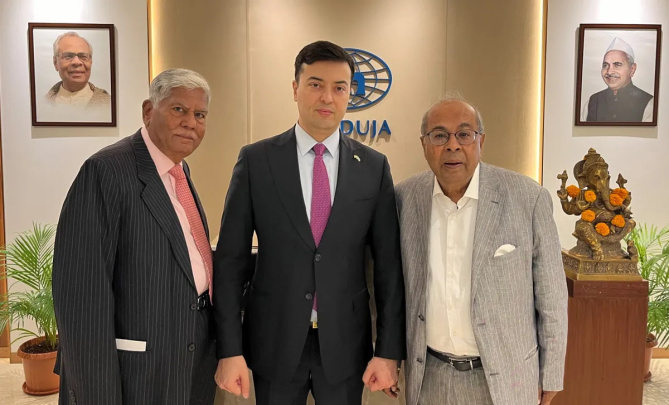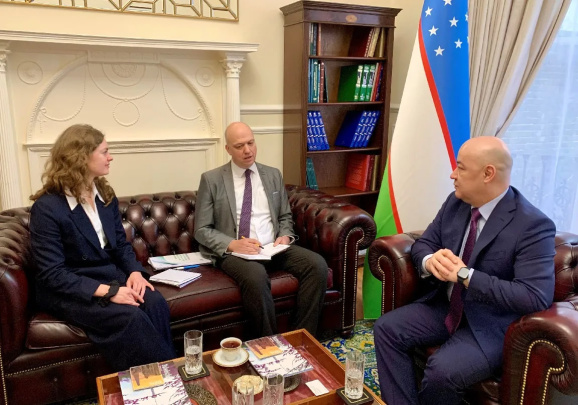This is stated in the BBC investigation.
According to the BBC, at least 93 citizens of Central Asian countries died as part of the Wagner PMC in Ukraine: 19 from Kyrgyzstan, 34 from Uzbekistan and 40 from Tajikistan.
“Sometimes the families of dead mercenaries manage to take their bodies home from Russia,” the report reads.
Mirlan Akylbekov (not his real name), a lawyer and native of Kyrgyzstan who works in Moscow, described how he was recruited in Russian prisons.
“At first they just began to insistently ask. Like, there are conditions that you can be released in advance, get an amnesty. And they consulted with us. But after September 28, they began to be enrolled in PMCs on a voluntary-compulsory basis. In early October, our client called (he found a credit card, went to the store with it to buy groceries, and for this he was sentenced to 4 years for theft). He called us [from places of detention] and said that [when the recruiters arrived], the prisoners were separated - all the newcomers – Kyrgyz, Uzbeks, Tajiks were separated, they were put in a separate building and demanded that they sign [a contract]. And the arguments were: “You eat here for free, but you have to work”. How to work out? We need to go [to the war], and upon our return, they say, we will give you an amnesty, and you will be free,” he said.
In addition, according to the BBC, 22 Wagner PMC mercenaries were buried in Fryanovo near Moscow in February. Of these, 17 are citizens of Russia, two Kyrgyz, two Uzbeks and one citizen of Tajikistan. At the same time, it became known about a similar cemetery near Luhansk – there were 42 graves at the beginning of February.
It should be recalled that in May of this year it became known that a 23-year-old Uzbek citizen died in a war in Ukraine as a result of a drone attack. His mother said that he was framed, imprisoned and sent to war.
In March, it was reported that a native of the Ellikkala district of Karakalpakstan, called up from a place of deprivation of liberty, died in Ukraine, where he participated in the Wagner private military company (PMC). The mother of the deceased said that his name was Fakhriddin. As it became known, at the end of last year, communication with him was lost. Later, in January, his family members were informed that the man had died in Ukraine. A shell hit the place where he worked.
The Uzbek authorities often remind that mercenarism and entry into the service of foreign paramilitary structures are subject to criminal liability.






